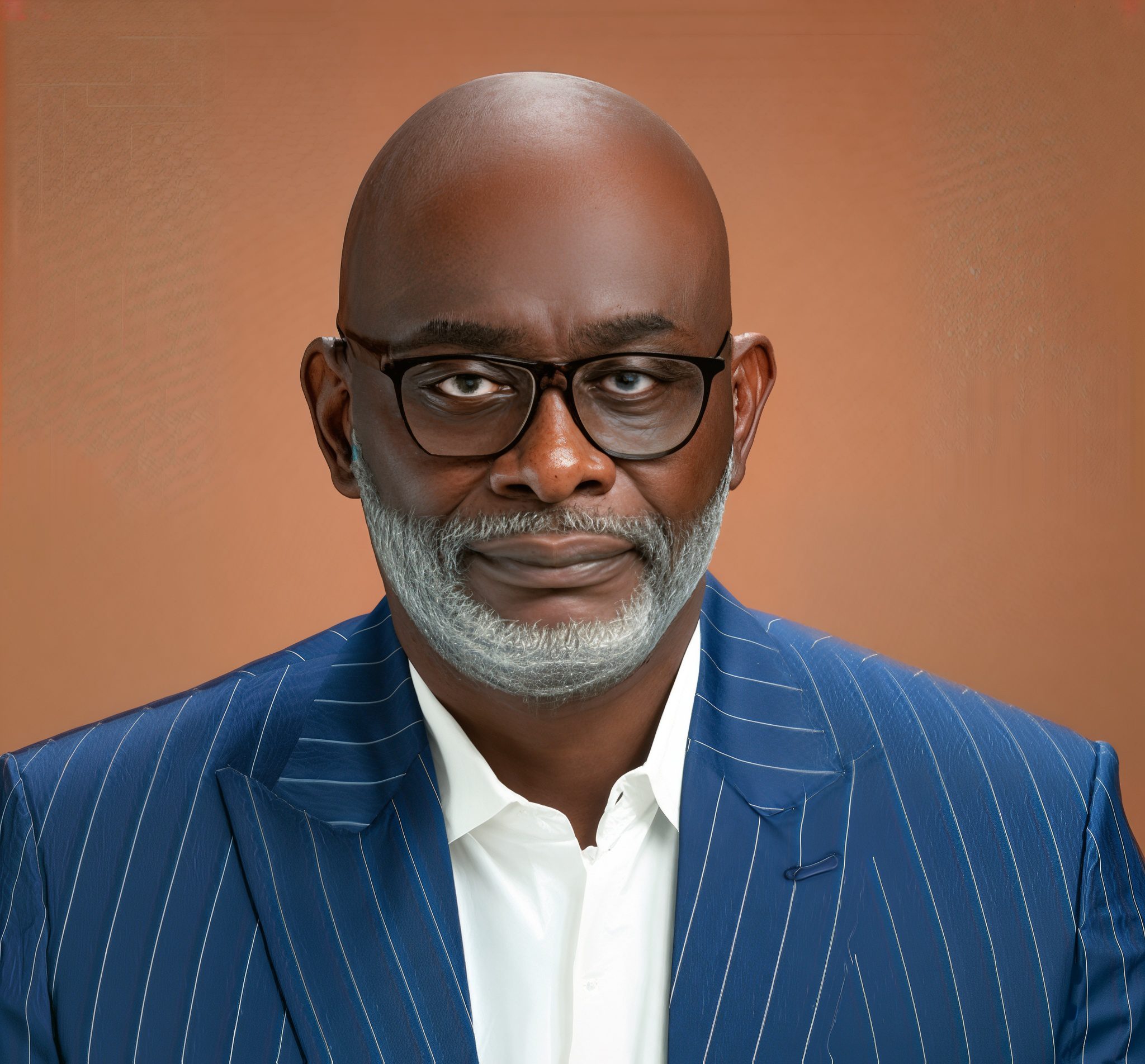







































“We found out that Opay operates from China”- Lawmakers flag gaps in Nigeria’s fintech regulation
 U
U
 BANK
BANK
 UTED
UTED
 SHOW
SHOW
 READ
READ
A National Assembly investigation into Nigeria’s fintech sector has raised serious questions about Know Your Customer (KYC) compliance, ownership transparency, and how regulatory agencies track operators in one of Africa’s fastest-growing digital finance markets.
Hon. Olufemi Bamisile, Chairman of the Ad Hoc Committee on regulating fintech operations in Nigeria, disclosed these concerns during an interview on Arise News TV.
He said the committee’s ongoing investigation into banks, point of sale systems, and major fintech companies revealed worrying gaps in how operators are monitored and held accountable.
“I made it crystal clear even in my submission yesterday that from what we have noticed, as basic Nigerians who operate most of these things go to banks and POSs, it is crystal clear there is a collusion one way or the other,” he said. “All those things will be done within the time frame. And we assure Nigeria that this should be done rightly.”

Read also: “Verification compliance is not an obstacle” – CBN tells innovators at Nigeria Fintech Week
Lawmakers flag gaps in tracking fintech companies
The committee’s work follows concerns about the increasing use of fintech platforms for everyday transactions in Nigeria, a development that has made digital finance a critical part of the country’s economy.
According to the Central Bank of Nigeria, the value of electronic payment transactions crossed ₦600 trillion in 2024, with mobile and POS transactions driving much of that growth.
Yet, as Bamisile explained, the rapid expansion of the sector has exposed gaps in regulatory coordination and enforcement.
“Most importantly, you can call KYC—know your customers. I had naturally looked at CBN yesterday and made it crystal clear to them that, CBN, how do you know your customers when we invited, for instance, Moniepoint? We asked some fintechs to show up on the program. Moniepoint was invited. Opay was invited. Kuda was invited. They were not there,” he said.
Bamisile said several invitations sent to operators bounced back, making it difficult for the National Assembly to locate the companies’ official points of contact. “The reasons why they were not there were clear. We sent mails to them—most of these mails bounce back to the National Assembly because most agencies do not even know where operators are,” he said.
The committee’s findings, though preliminary, touch on one of the most sensitive issues in fintech regulation globally, which is the relationship between local operations and foreign ownership.
Bamisile cited the example of OPay, noting that its ownership ties are based in China:
“We found out yesterday that Opay is in China. The owner of the place [is] in China, and this [is] worrisome to us in Nigeria and [the] National Assembly. These are things we are looking [into],” he said.
The National Assembly launched the investigation in early October 2025 to examine how banks, payment service providers, POS operators, and fintech companies comply with KYC rules, anti-money laundering measures, and national regulations.
Lawmakers say the probe is also aimed at protecting consumers and ensuring fair competition in the sector.
Nigeria has seen an explosion in fintech services over the past decade. Startups such as Moniepoint, Kuda, and OPay have become central to how millions of Nigerians make daily payments. POS terminals have also become channels for financial services, with agents scattered across rural and urban areas.
But this rapid growth has also made the sector a target for fraud, money laundering, and regulatory disputes.
The CBN has previously issued multiple guidelines aimed at tightening KYC and anti-money laundering compliance, but enforcement remains uneven. In December 2024, the regulator restated transaction limits and agent responsibilities to address fraud concerns.
Yet, several industry insiders and analysts say some fintech operators exploit weak regulatory coordination to avoid scrutiny.
Regulatory blind spots deepen governance concerns
One of the most striking revelations from the committee’s findings is the gap between what regulatory agencies know and what lawmakers can verify.
Nigerian regulators such as the CBN, the Corporate Affairs Commission, and the Nigerian Financial Intelligence Unit typically have access to information on company ownership, structure, and compliance history.
However, as the investigation shows, the National Assembly does not have direct access to such information in real time. This disconnect raises governance and oversight questions, especially when foreign ownership intersects with national security and financial stability.

From this, there will be arguments that such blind spots can undermine financial integrity and consumer trust.
In plain terms, if the National Assembly is investigating fintech operators but does not have knowledge of their Nigerian presence or headquarters, there’s possibly a bigger problem. It means there are silos between the regulators and lawmakers.
Bamisile said the committee will continue its investigation to ensure fintech operations in Nigeria are properly monitored and regulated. “These are things we are looking into,” he said. “We assure Nigeria that this should be done rightly.”
The concerns over foreign ownership are not unique to Nigeria. Globally, countries including the United States, India, and members of the European Union have tightened scrutiny of fintech firms with foreign shareholders, citing risks to national security and data protection.

